
Headline inflation, an indicator of the cost of living, recorded a 20pc rate in August, according to the latest report from the Central Statistical Agency (CSA).
Gauged by the Consumer Price Index (CPI), the average rate of increase in the price of goods and services has fallen by 2.3 percentage points from the previous month. The rate of food inflation stood at 22pc - a three-point decline - while non-food inflation registered a 1.4-percentage-point drop to 17.5pc.
“The price of most cereals continued to rise during the month, which largely tends to drive up food inflation,” reads the report from the Agency.
The price of red pepper has been pushing the rate higher and also continued to increase last month following the trend of previous months, according to the Agency.
"However, major vegetable types, especially onions, garlic and potatoes, registered a decrease in their price," reads the report.
The rate of non-food inflation also rapidly increased by 17.5pc last month. A rise in the prices of alcohol, tobacco, khat, housing repair and maintenance, energy, transport, medical care, and jewelry made of gold pushed the rate higher.
The month-on-month general CPI, which measures the price change between the two latest months, has shown an increase of 0.5pc as compared to the preceding month.
The rate has been hovering in double digits for the past 15 years, marking an average of 15.5pc. Last fiscal year’s average headline inflation rate stood at 19.9pc, mainly driven by the growth of food inflation that registered a 23.3pc rate, while non-food inflation stood at 15.8pc.
The galloping inflation rate makes life difficult by eroding consumer purchasing power, according to Atlaw Alemu (PhD), an economist lecturing at Addis Abeba University.
"It's concerning and needs a solution," Atlaw said.
Atlaw believes that the rate is galloping due to the large broad money supply in the economy and supply shortage that fails to meet the demand.
At the end of the third quarter of the recently ended fiscal year, the broad money supply, the amount of money in the economy, reached 987 billion Br, depicting 18.6pc growth over the same quarter last year. The amount is rising mainly due to a 29.6pc expansion in domestic credit against a 195.7pc contraction in net foreign assets.
"This is a monetary failure," he said. "The inflation rate in the country is not even comparable with neighbouring countries."
Neighbouring country Kenya was able to control the inflationary pressure in single-digits by reporting a 4.4pc inflation rate in August, the same rate recorded the previous month.
To stop the rate from increasing, the government should first conduct a deep study to identify the root cause, according to Atlaw.
"The government should also stop deficit financing by printing and injecting cash into the economy to cover budget deficits," said Atlaw. "It should also work on boosting supply to fill the demand."
The federal budget of the current fiscal year estimates that the budget deficit will clock in at 125 billion Br, a spike of 28.3pc and 35.4 billion Br higher in absolute figures.
To narrow the budget deficit and to not increase deficit financing, Atlaw recommends the government cut revenues.
"The government should start to live within its means," he said.
For the current budget year, the Ministry of Finance intends to confine the headline inflation rate to the single digits at 9.8pc. The Ministry proposed to achieve the lower rate by combining public finance management as well as monetary policy and keeping the average budget deficit rate at no more than three percent of GDP, according to officials from the Ministry of Finance.
PUBLISHED ON
Sep 06,2020 [ VOL
21 , NO
1062]

My Opinion | Dec 24,2022
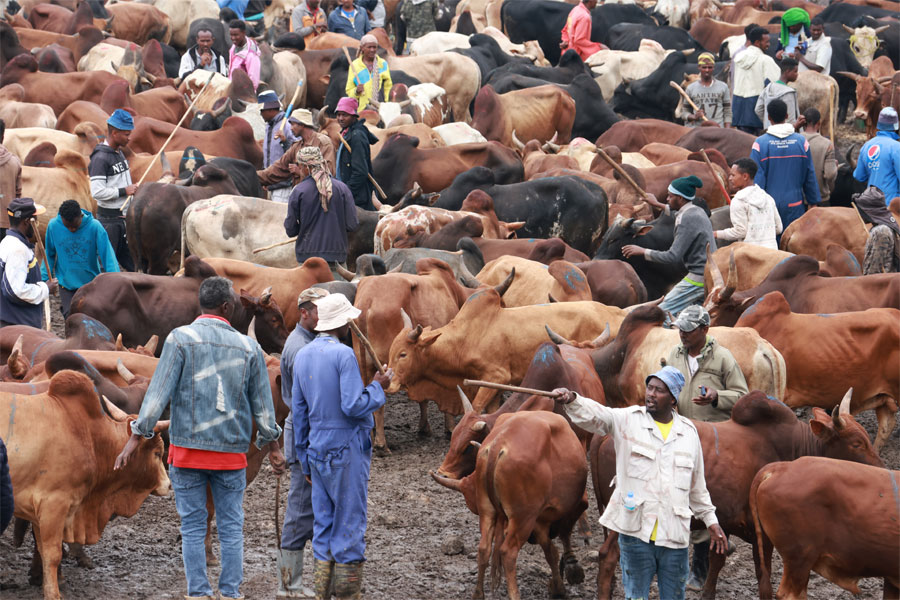
Agenda | Sep 09,2023

Viewpoints | Jul 13,2024
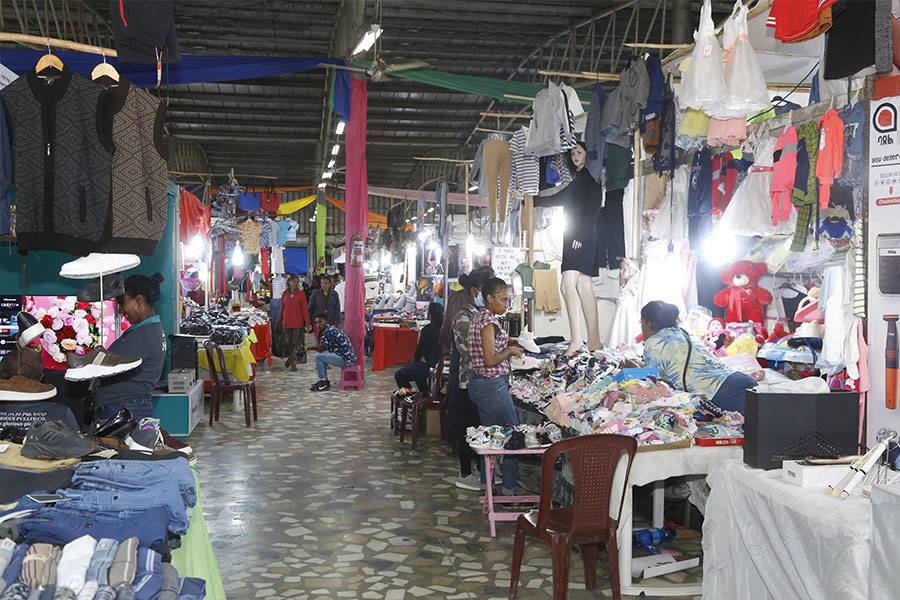
Agenda | Apr 16,2022
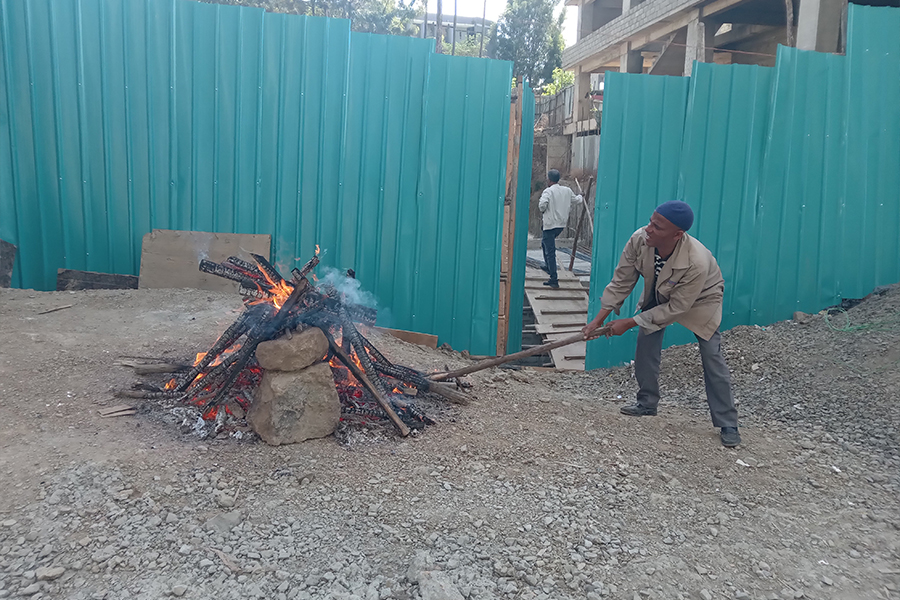
In-Picture | Mar 02,2024
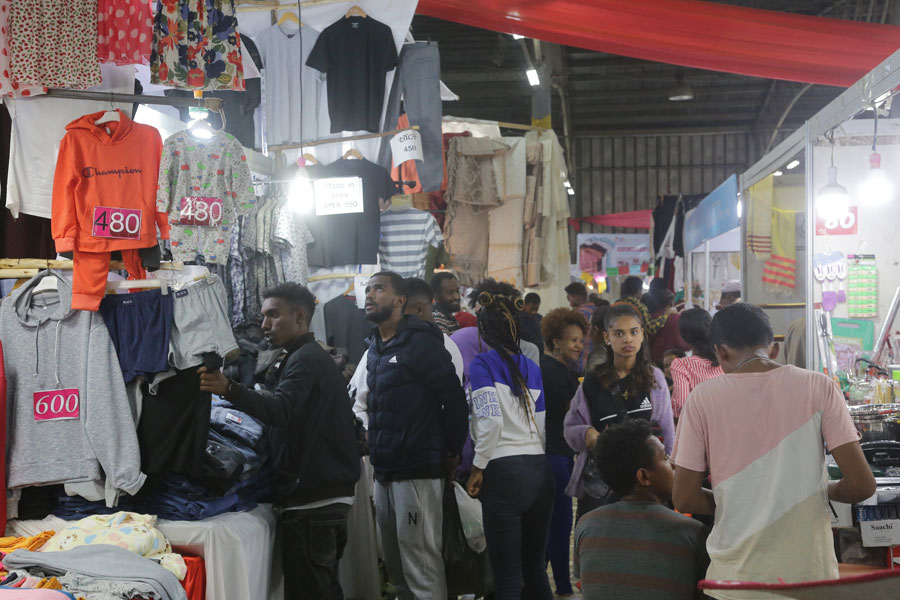
Featured | Jan 01,2023

Agenda | May 04,2025
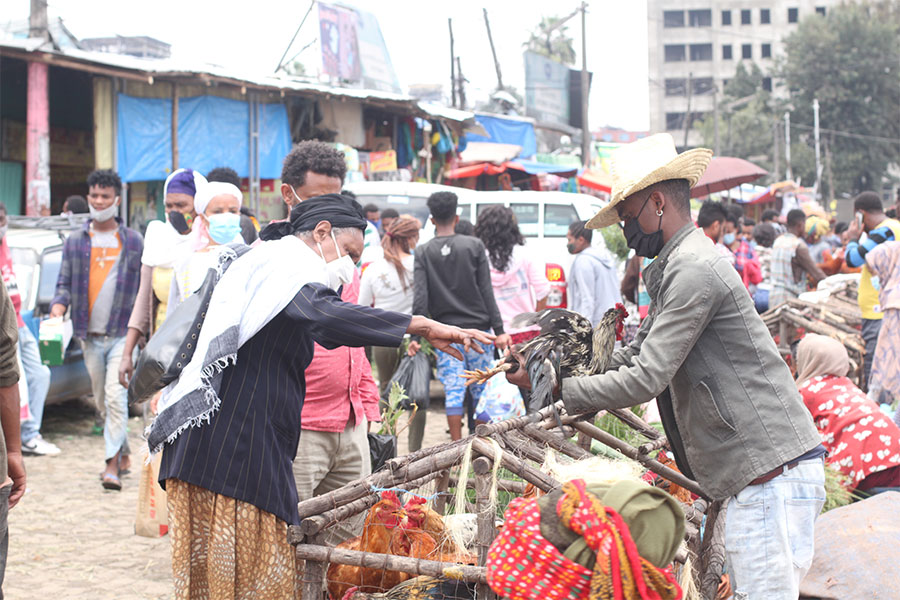
Agenda | Sep 11,2020

Agenda | Dec 09,2023

Fortune News | Oct 03,2020

Dec 22 , 2024 . By TIZITA SHEWAFERAW
Charged with transforming colossal state-owned enterprises into modern and competitiv...

Aug 18 , 2024 . By AKSAH ITALO
Although predictable Yonas Zerihun's job in the ride-hailing service is not immune to...

Jul 28 , 2024 . By TIZITA SHEWAFERAW
Unhabitual, perhaps too many, Samuel Gebreyohannes, 38, used to occasionally enjoy a couple of beers at breakfast. However, he recently swit...

Jul 13 , 2024 . By AKSAH ITALO
Investors who rely on tractors, trucks, and field vehicles for commuting, transporting commodities, and f...

Jun 28 , 2025
Meseret Damtie, the assertive auditor general, has never been shy about naming names...

Jun 21 , 2025
A well-worn adage says, “Budget is not destiny, but it is direction.” Examining t...

Jun 14 , 2025
Yet again, the Horn of Africa is bracing for trouble. A region already frayed by wars...

Jun 7 , 2025
Few promises shine brighter in Addis Abeba than the pledge of a roof for every family...